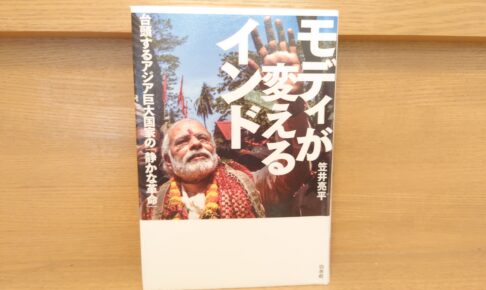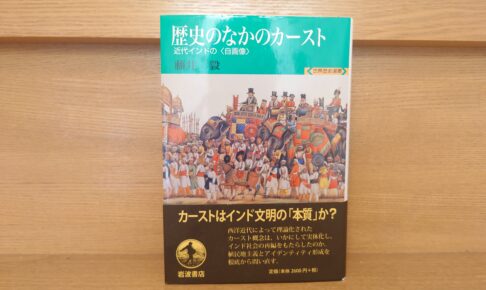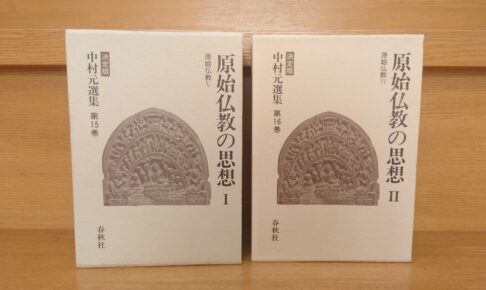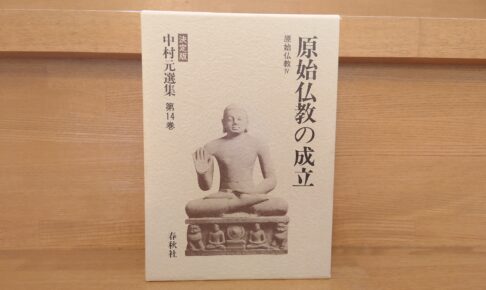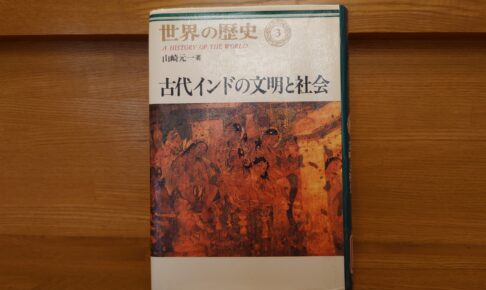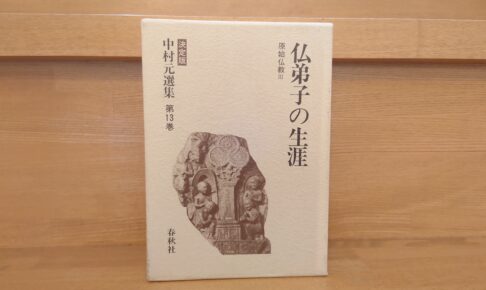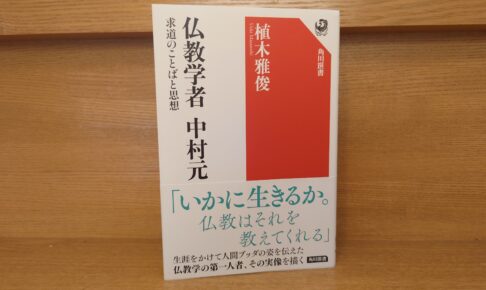Ryohei Kasai, "Modi Changes India" - Recommended to learn about the political economy and diplomacy of contemporary India!
The book takes a look at the complex Indian society around the figure of Prime Minister Modi.
Prime Minister Modi's brief biography, his personality, and how he became one of India's most influential figures will be explained in an easy-to-understand manner.
The reality of India is also revealed through the policies and slogans of Prime Minister Modi. Although Prime Minister Modi enjoys the enthusiastic support of the Indian people, of course, not everything is smooth sailing. It is impossible to have a one-size-fits-all policy that can satisfy every corner of India, a country of such great diversity and complexity. India is a country of such diversity and complexity. Problems are piling up. But even so, Prime Minister Modi is the one person who can make the people have high expectations for the future.
I think this book is an excellent introduction to an overview of the political economy and diplomacy of modern India.












